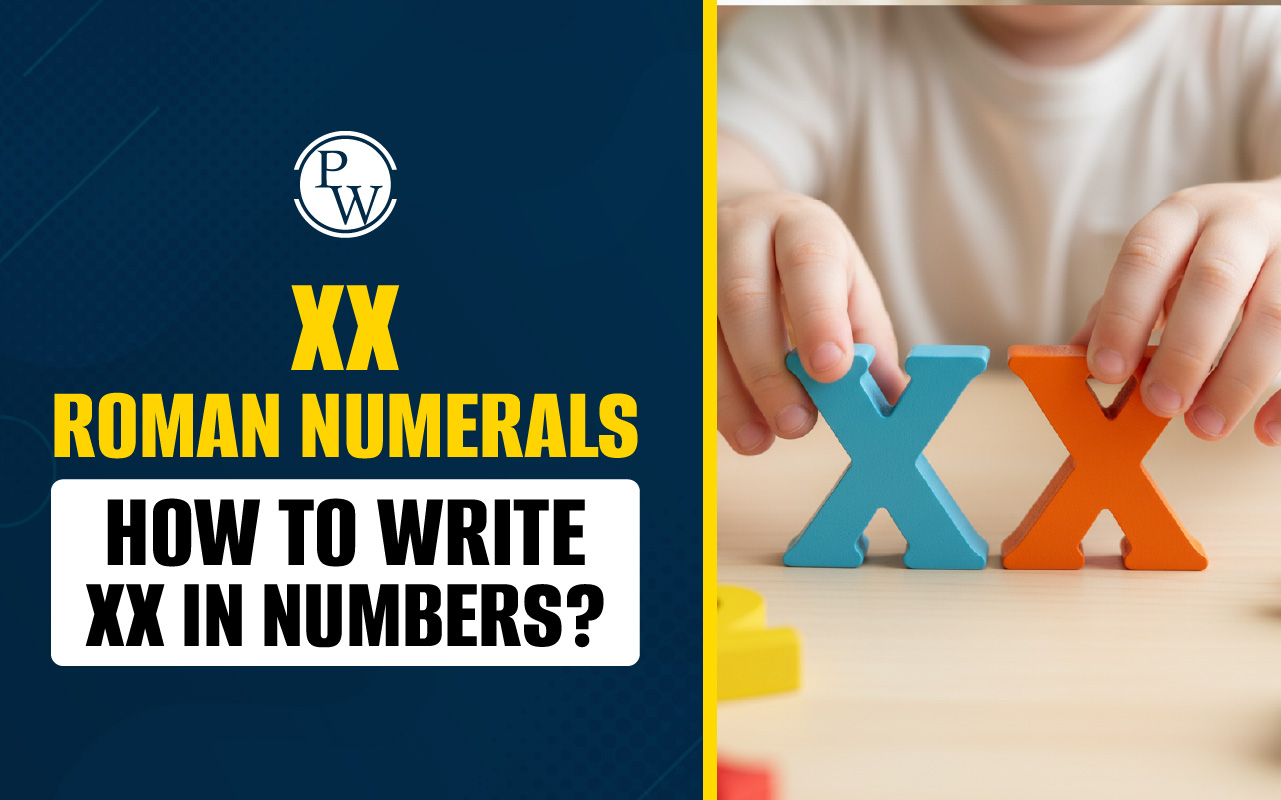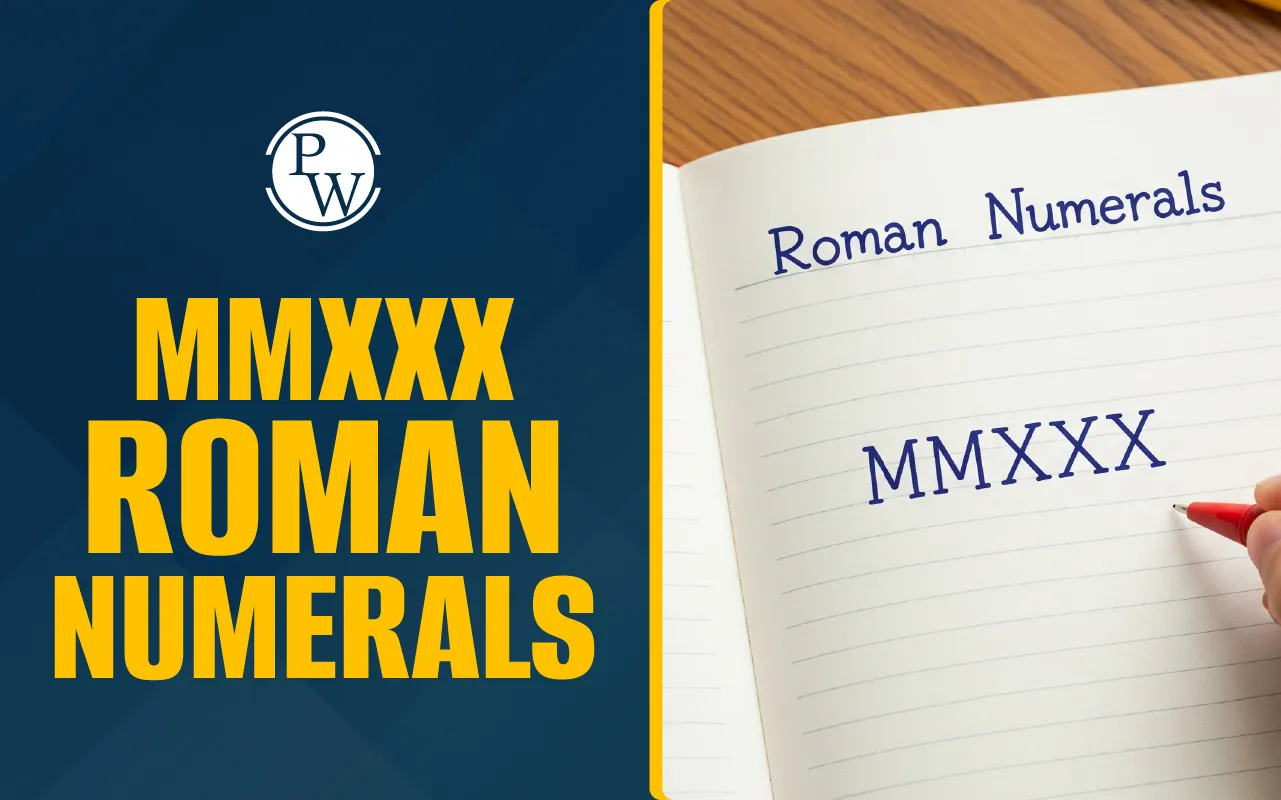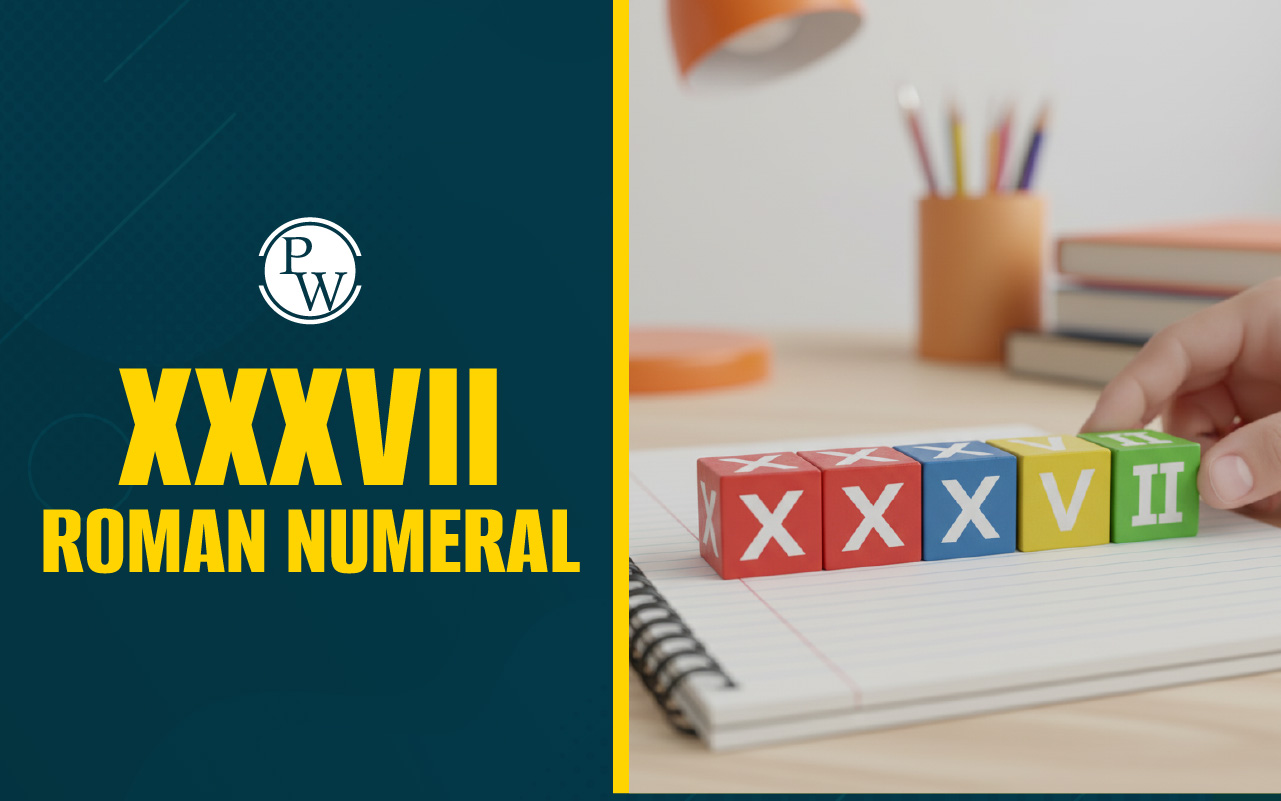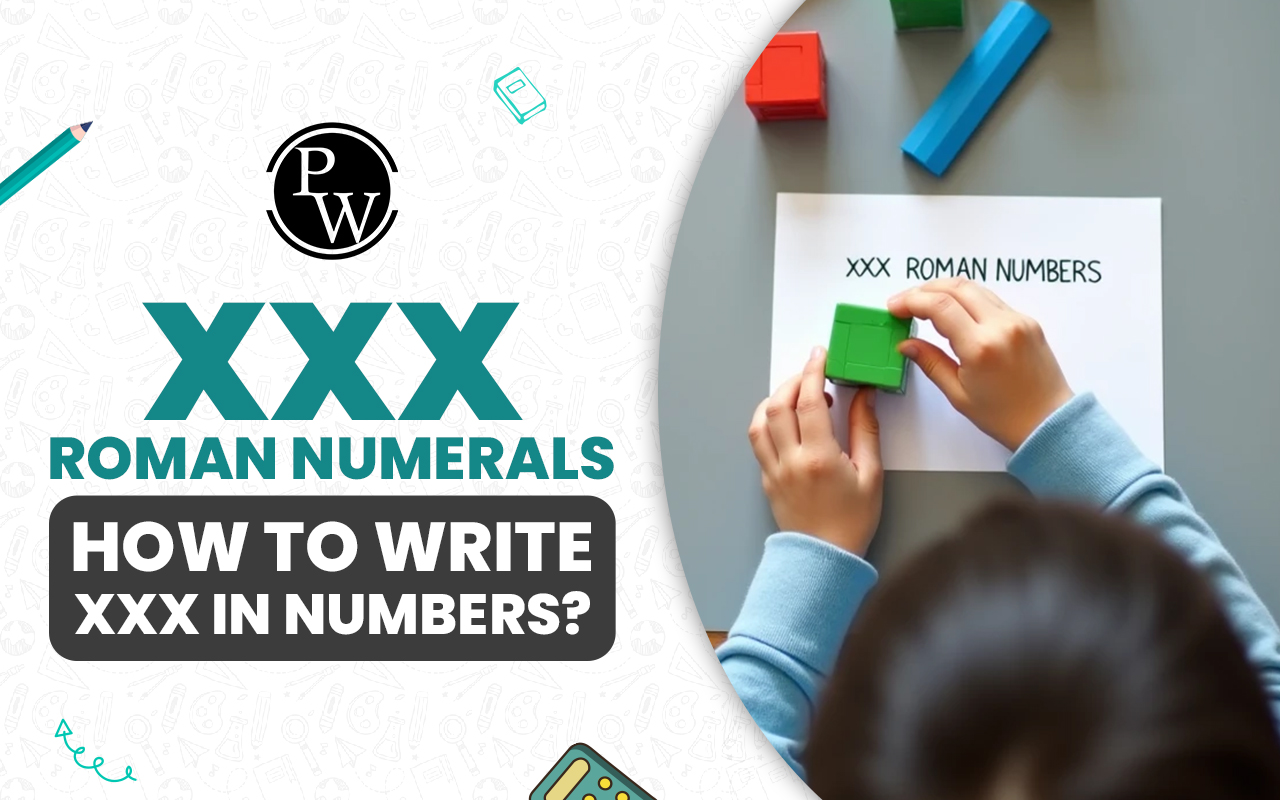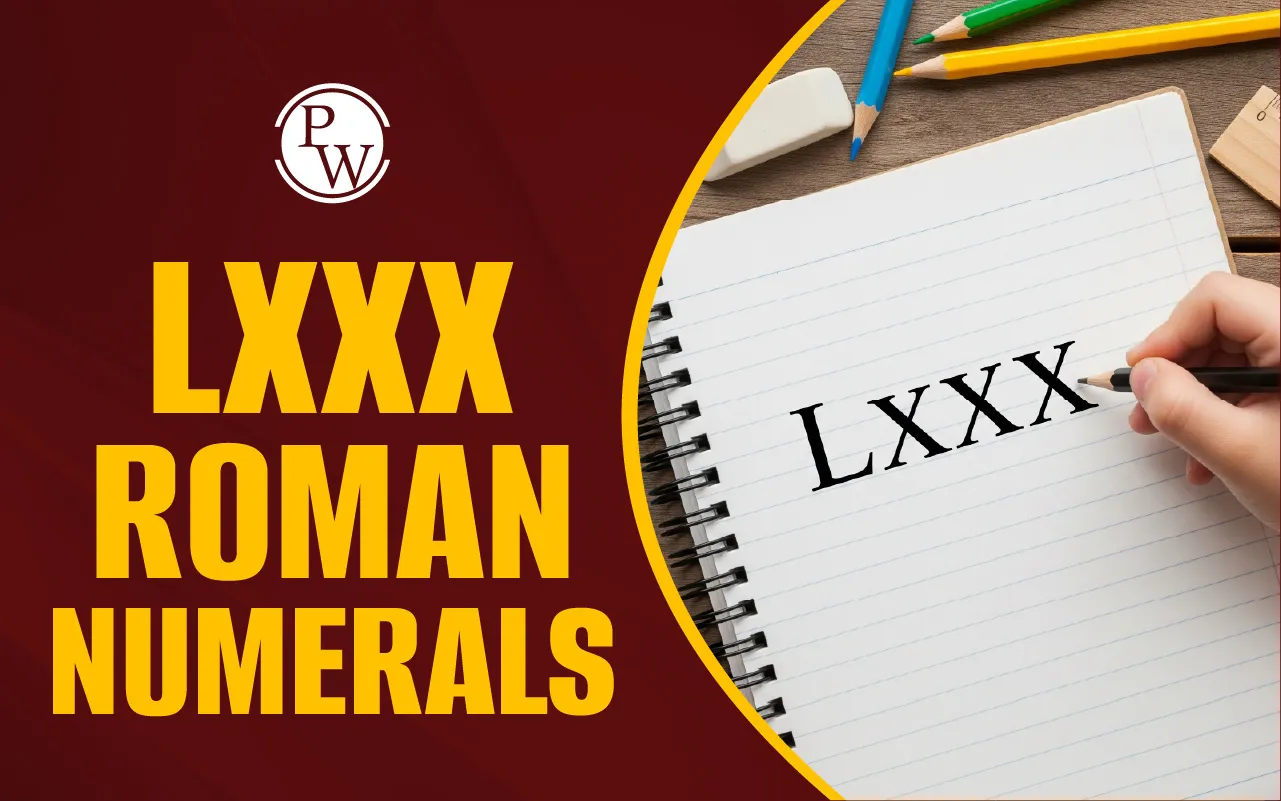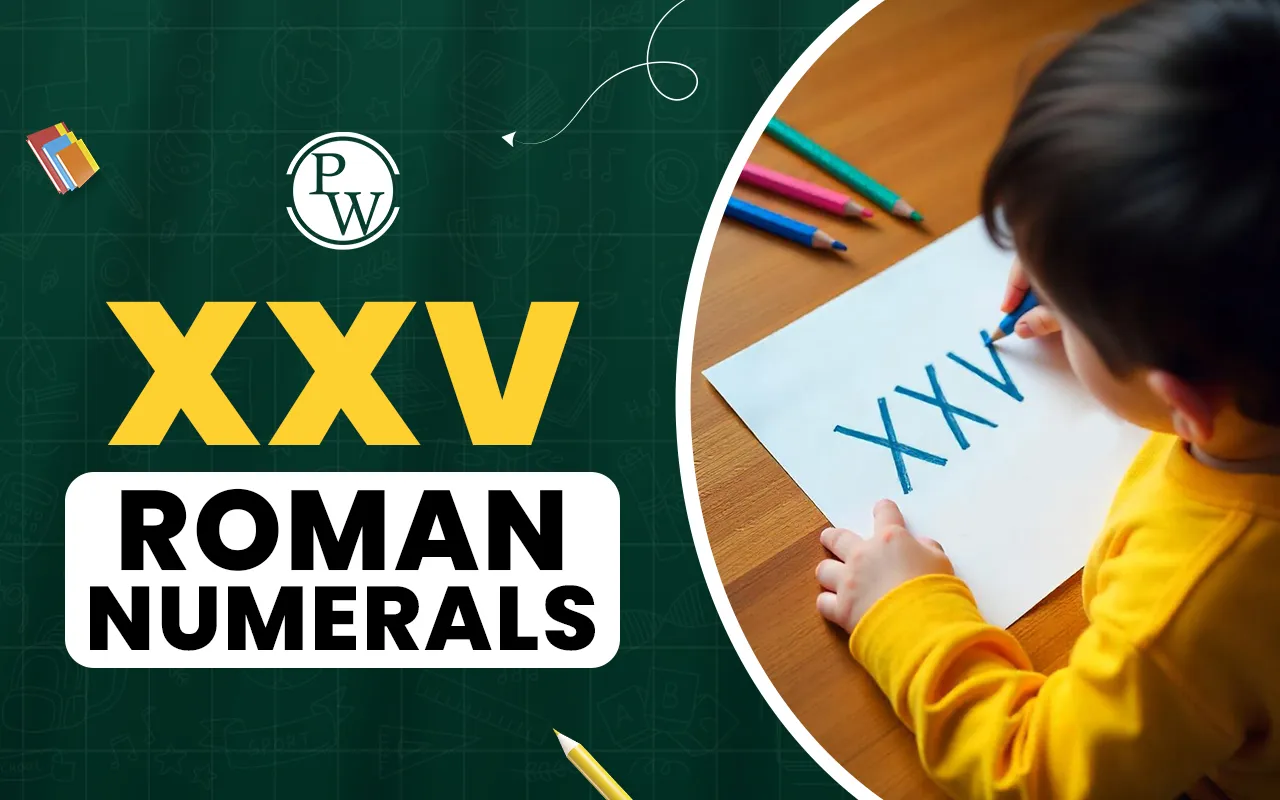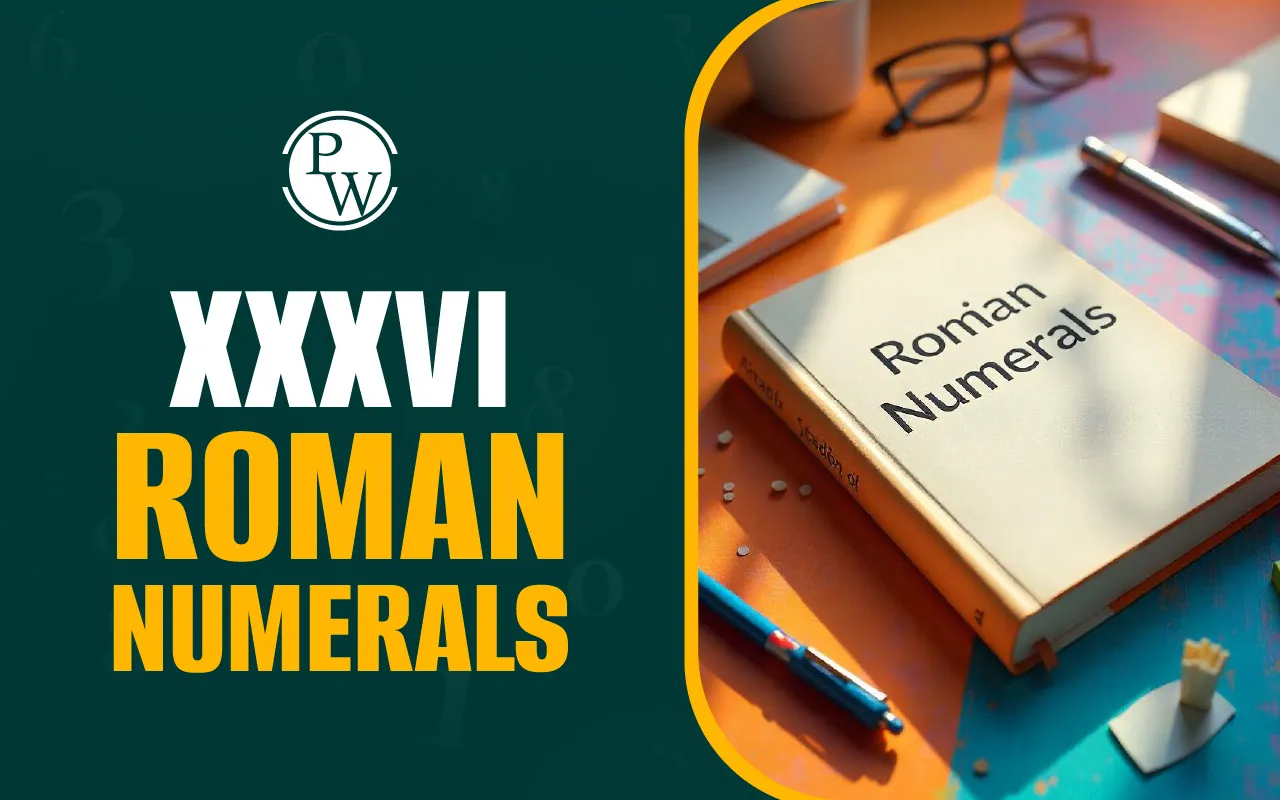
8 Parts of Speech with Definitions and Examples8 Parts of Speech: When we speak or write in English, we use many kinds of words. Some words are names of people or things, some show actions, and some help in joining words or showing feelings. All these different kinds of words are called the parts of speech.
There are 8 parts of speech in English: noun, pronoun, verb, adjective, adverb, preposition, conjunction, and interjection. Each one has a special role in making a meaningful sentence. Let’s find out the definition and parts of speech examples.
What Are the 8 Parts of Speech in English?
Parts of speech in English are different types of words that help us make proper sentences and express thoughts clearly. Understanding these also helps in speaking and writing in a better way by using words correctly. For example, in the sentence "The quick fox jumped over the lazy dog," the different kinds of words as explained below are joined together in order to give a meaning to it:
-
"The" helps in introducing a noun (called a determiner).
-
"quick" tells us more about the fox (adjective).
-
"fox" is the name of an animal (noun).
-
"jumped" shows what the fox did (verb).
-
"over" shows the place or direction (preposition).
-
"lazy" tells us more about the dog (adjective).
-
"dog" is also the name of an animal (noun).
Together, these parts of speech in English make the sentence easy to understand and meaningful.
Parts of Speech: Definition & Meaning
The parts of speech definition explains how words are divided into categories like nouns, verbs, adjectives, adverbs, and others, which help us understand how words work together in a sentence to make meaning. For example, a noun names a person, place, or thing, while a verb tells us about an action. Adjectives describe nouns, and adverbs provide more details about actions. Keep reading to discover the 8 parts of speech with examples and definitions.
8 Parts of Speech Definitions and Examples
Understanding parts of speech is going to greatly help us in making sentences and communicating better, as each type of word has a specific job, and knowing how to use them in the right way makes our writing and speaking easier to understand. Take a look at the 8 parts of speech definitions and examples to learn their function in sentences.
1. Nouns
Nouns are words that name people, places, animals, things, or ideas. For example, words like “dog,” “school,” “teacher,” and “happiness” are nouns. Moreover, nouns can be further categorized into different types like common noun, proper noun, concrete noun, and Abstract Noun.
Examples of noun in sentences:
-
My dog is very playful.
-
We went to school yesterday.
-
Happiness is important in life.
2. Pronouns
Pronouns are words that take the place of nouns in sentences. Instead of repeating the noun, we use words like “he,” “she,” “it,” “they,” and “we.” There are different types of pronouns, like Subjective pronouns (like I, he, she, and we), Objective pronouns (like me, him, her, and us), Possessive pronouns (such as mine, yours, and theirs), and Demonstrative pronouns (like this, that, and these).
Examples of pronoun in sentences:
-
She is my best friend.
-
They are going to the park.
-
I saw him yesterday.
3. Verbs
Verbs are action words. They tell us what someone or something does, like “run,” “eat,” “sing,” or “jump.” There are three main types of verbs: Action Verbs (run, jump, eat), Linking Verbs (am, is, are, was, were) and Helping or Auxiliary Verbs (will, have, do, can, must).
Examples of verb in sentences:
-
I eat breakfast every morning.
-
They run fast in races.
-
She sings beautifully.
4. Adjectives
Adjectives are words that describe nouns. They tell us more about a person, place, or thing, like “big,” “small,” “happy,” or “green.” In English grammar, there are several types of adjectives, such as Descriptive (tall, beautiful, happy), Quantitative (many, few, several), Demonstrative (this, that, these, those), Possessive Adjectives (my, your, his, their), Interrogative (which, what, whose), Comparative (taller, smarter, better), and Superlative (tallest, smartest, best).
Examples of adjectives in sentences:
-
The big dog barked loudly.
-
She wore a red dress.
-
It was a beautiful day.
5. Adverbs
Adverbs give us more information about verbs, adjectives, or other adverbs. They can tell us how, when, where, or how much something happens.
Examples in sentences:
-
He runs quickly.
-
The book is very interesting.
-
She sings beautifully.
6. Prepositions
Prepositions are words that show the relationship between a noun or pronoun and other words in a sentence. They often tell us where or when something happens, like “in,” “on,” “under,” or “before.”
Examples in sentences:
-
The book is on the table.
-
The cat is hiding under the bed.
-
I’ll meet you before lunch.
7. Conjunctions
Conjunctions are words that connect other words, phrases, or sentences. Common conjunctions include “and,” “but,” “or,” and “because.” There are mainly three different types of conjunctions like Coordinating (For, And, Nor, But, Or, Yet, So), Subordinating (because, although, if, while, since, when), and Correlative (either...or, neither...nor, both...and, not only...but also).
Examples in sentences:
-
I like apples and oranges.
-
She was tired, but she still finished her homework.
-
Do you want tea or coffee?
8. Interjections
Interjections are words that show strong feelings or emotions. They are often followed by an exclamation mark, like “Wow,” “Oh,” “Yippee,” or “Oops.”
Examples in sentences:
-
Wow! That was amazing!
-
Oh! I forgot my keys.
-
Yippee! I won the medal!
Other Parts of Speech in English
In addition to the 8 main parts of speech we have learned about, there are a few other types of words that help make our sentences clearer and more specific. These include determiners and articles.
1. Determiners: A determiner is a word that gives us more information about a noun. It can tell us how much, who owns it, or where it is. There are different kinds of determiners:
-
Demonstrative determiners show where something is (like this or that).
Example: This chair is more comfortable than that one. -
Possessive determiners show who owns something (like my or his).
Example: My brother is selling his old car. -
Quantifiers tell us how much or how many (like many or some).
Example: Many friends of mine have part-time jobs.
2. Articles: An article is a special kind of determiner that helps us know if we are talking about something specific or just something in general.
-
The definite article is "the." It is used when we talk about a specific noun that both the speaker and listener know. For instance, I live just outside of the town.
-
The indefinite articles are "a" and "an." These are used when we talk about something in general or not specific. For example: There’s a concert this weekend.
These words are usually called determiners. Determiners give us more information about nouns, and articles tell us if we're talking about something specific or general.
How to Identify Parts of Speech in a Sentence
It can sometimes be hard to identify what part of speech a word is. To help you in this, here are some simple tips to identify parts of speech in English:
-
Adverb: If the word ends in -ly and tells us how something is done, it's an adverb. For example: quickly, easily, etc.
-
Pronoun: If you can replace the word with a noun and the sentence still gives meaning, it’s a pronoun. For instance, “He played basketball” or “Steve played basketball.” (He is replaced by name, Steve.)
-
Verb: If it shows an action, and you can add “do” to the sentence, it’s a verb. For example: “I have an umbrella.” → “I do have an umbrella.”
-
Adjective: If you can take the word out and the sentence still makes sense, it’s likely an adjective. For example: “She drives a red van.” → “She drives a van.” (remove red)
Read More: English grammar
8 Parts of Speech Exercise (With Answers)
Now that we've learned about the parts of speech, it's time to test your knowledge of 8 parts of speech. Here is a simple exercise in which you need to choose the right part of speech for the bold word in each sentence.
1. She quickly ran to the store.
-
a. Verb
-
b. Adverb
-
c. Noun
2. The cat jumped onto the table.
-
a. Pronoun
-
b. Preposition
-
c. Verb
3. Wow! That was an amazing performance!
-
a. Conjunction
-
b. Interjection
-
c. Adjective
4. I enjoy reading books on history.
-
a. Verb
-
b. Noun
-
c. Pronoun
5. He is the fastest runner in the race.
-
a. Adjective
-
b. Verb
-
c. Noun
6. They went to the park after school.
-
a. Preposition
-
b. Pronoun
-
c. Conjunction
7. I love playing football on weekends.
-
a. Adverb
-
b. Verb
-
c. Noun
8. He was tired but still finished his work.
-
a. Conjunction
-
b. Adverb
-
c. Pronoun
Answers:
-
B (quickly is an adverb because it describes how she ran)
-
B (onto is a preposition because it shows the relationship between the cat and the table)
-
B (Wow! is an interjection because it expresses a strong feeling.)
-
B (reading is a noun because it represents the activity of enjoying)
-
A (fastest is an adjective because it describes the noun "runner")
-
A (after is a preposition because it shows the relationship between "went" and "school")
-
C (playing is a noun because it represents the activity of love)
-
A (but is a conjunction because it joins two parts of the sentence)
Want to see your child thrive in English? Enroll in English Online Classes by CuriousJr, where engaging, interactive classes make learning English exciting and help your child build strong language skills, confidence, and a love for learning. Book a demo class today to get started!


